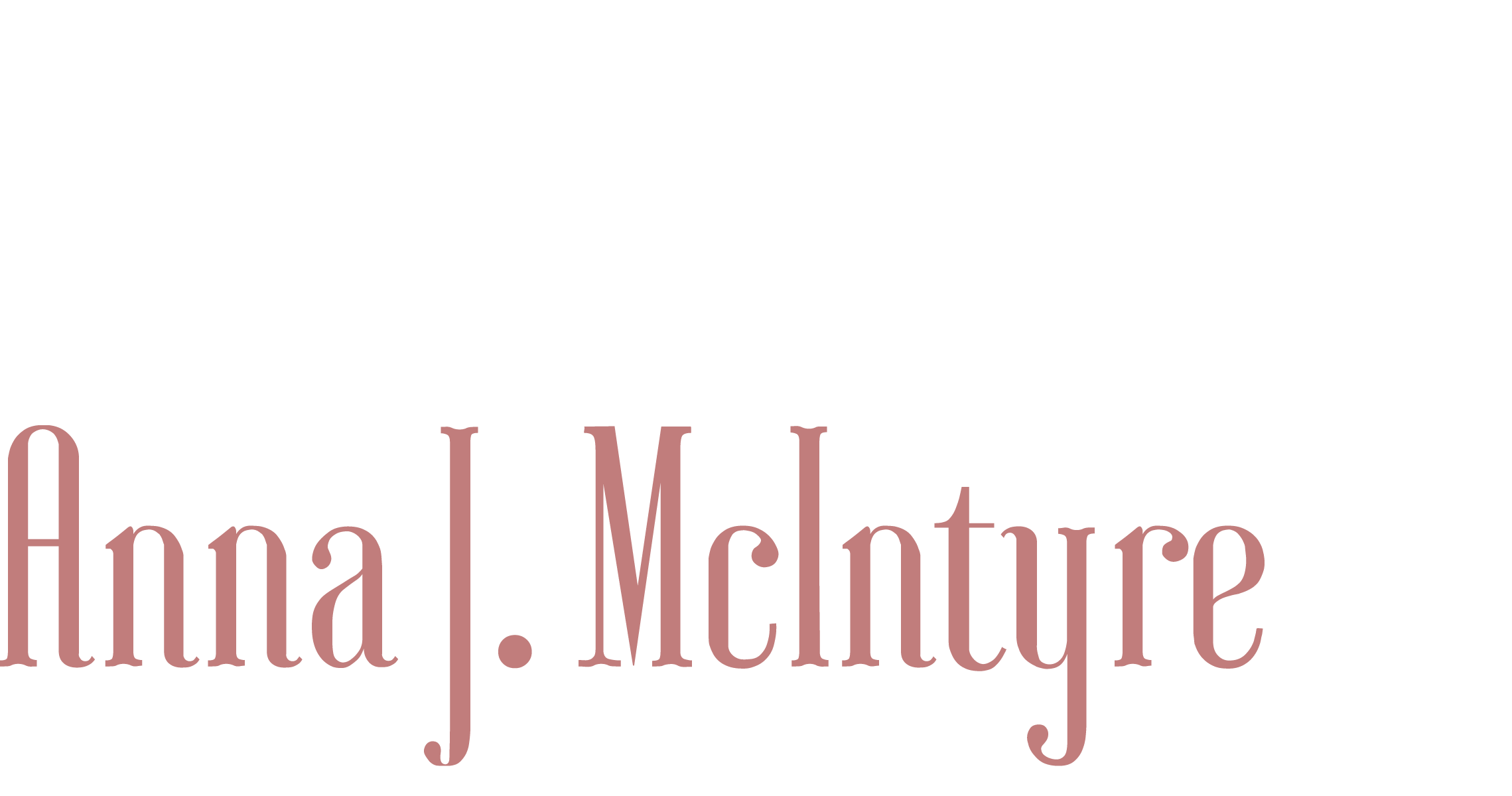
When we want to – but can’t – respond to book reviews.
Most of my author friends agree; responding to book reviews is not in our best interest. They can lead to online wars, tarnish the author’s image and can land us on some dreaded authors misbehaving list.
I have one author friend who has no problem speaking up when he feels a reviewer is out of line – writing a spiteful review not based on the actual book, but motivated by other factors. He’s become rather infamous in some online circles.
Many insist it is not professional, while others disagree – even those who don’t respond. One of my author friends suggested that the taboo on no-response might be dated considering the changes within the publishing industry.
I recently asked a group of authors what especially irritated them about reviews. Most agreed it was when a reviewer introduced a falsehood into a review. I’m not talking about a reviewer who says one of our characters suck, even though we have a hundred reviewers who disagree. That is a difference of opinion, and I believe most authors agree a reviewer is entitled to his or her own opinion – even if it conflicts with ours. That is what reviews are all about.
A falsehood might be when a reviewer points out a plot hole based on a series of events – when the series of events did not go as the reviewer suggested. Once I read a one star-review on a friend’s book and the reviewer went on and on about this ridiculous plot hole. I had read the book and thought, what in the hell is he talking about? I re-read the section, and discovered this particular reviewer had a serious reader comprehension problem. The story did not go as the reviewer suggested.
Personally, I feel great if I get positive feedback from strangers. Once that happens, I’m okay with the negative reviews. There is no way one author will appeal to all readers. Some will hate my books. But, as long as some love my stories, I’m on the right track.
Even though I practice the “do not respond” rule when it comes to leaving comments on reviews, it doesn’t mean I won’t occasionally address a review in my blog.
In my book, While Snowbound, my leading lady is an Indi – an independent, self-published author. That apparently bugged a couple of reviewers. One reviewer wrote:
“Tell me a story, don’t tell me why I need to support indie authors.”
I’m not sure where in the story she got “support indie authors” – no more than readers are encouraged to buy from independent vendors at a swap meet (Sugar Rush) or hire a self-employed restaurant consultant (After Sundown).
I have three books in my Sensual Romance Series – and each female protagonist is self-employed, an entrepreneur. I do tend to choose professions where I know something about. In While Snowbound, Ella’s career and what happened to it was an intricate part of the story. Had the reviewer simply said she found the story boring, that I could understand. But to make the claim I am telling her why to support indie authors – that I don’t get.
But, she was not the only reviewer who had an issue with my Indi leading lady. Another reviewer wrote:
What’s worse is that she’s an indie (but not best-selling) historical romance author. OMG – writing romances is such a girly career anyway…
First off…well no, not bestselling author, that would sort of create a big ol’ plot hole if she was a bestseller. And historical romance – another choice on my part to fill a potential plot hole. How does an author not know about the famous leading man? I decided to make her a historical romance author, so she tends to live in the past.
This same reviewer also wrote: The ending of the book is even worse with regards to her “career” – what a fairytale.
Fairytale? That one made me chuckle. When writing the book, I interviewed one of my author friends – one who actually had a more ‘fairytale” ending than my Ella. She gave me some insight on what she encountered after obtaining overnight fame. As the old adage goes, truth is stranger than fiction.
